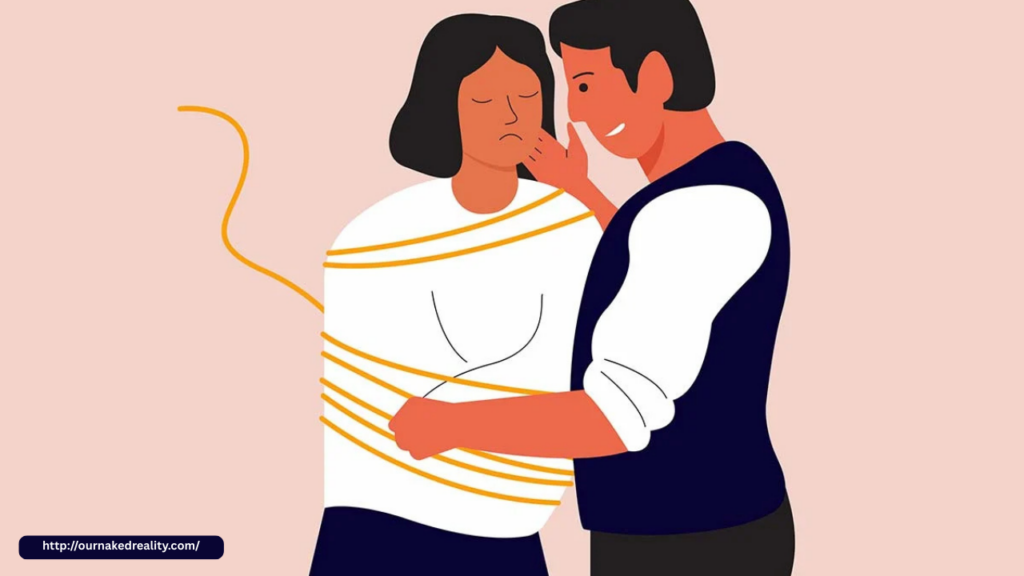
Romantic comedies, or “rom-coms,” have long been beloved for their heartwarming plots, quirky characters, and feel-good endings. However, beneath the laughter and charm, these films often promote unhealthy relationship norms that can distort real-world expectations about love. From glorifying jealousy to normalizing emotional manipulation, rom-coms sometimes send troubling messages about what constitutes a healthy relationship.
The Myth of “The One”
One recurring theme in romantic comedies is the idea of “The One” — a perfect soulmate who completes the main character’s life. Films like Serendipity and Sleepless in Seattle suggest that destiny will bring true love, no matter how unrealistic the circumstances. While romantic, this notion can be harmful. It may cause people to overlook red flags in the pursuit of a “perfect” partner or to abandon relationships that require work and compromise, expecting love to always feel effortless and magical.
In reality, healthy relationships are built through communication, mutual respect, and effort—not just serendipitous encounters and grand gestures. The idea that love should happen easily or be “meant to be” can leave people feeling disillusioned when real relationships face inevitable challenges.
Stalking and Persistence as Romance
Many rom-coms portray obsessive behavior as endearing or romantic. In Say Anything, Lloyd Dobler’s relentless pursuit of Diane is depicted as charming, while in Love Actually, Mark’s silent confession to his best friend’s wife is framed as touching rather than inappropriate. In these stories, persistence is often rewarded, regardless of personal boundaries or consent.
This romanticization of persistence can send a dangerous message: that ignoring someone’s rejection or crossing boundaries is acceptable if it’s done in the name of love. In reality, respecting a person’s wishes and boundaries is fundamental to any healthy relationship.
Jealousy and Possessiveness as Signs of Love
Rom-coms frequently present jealousy and possessiveness as natural parts of love. Characters often compete for affection or express outrage when their love interest dates someone else, reinforcing the idea that jealousy is an indicator of deep passion.
However, in healthy relationships, trust is key. Excessive jealousy and possessiveness can lead to controlling behavior, emotional abuse, and a breakdown of trust. When audiences internalize the message that jealousy equals love, it can lead to tolerating toxic dynamics that are damaging rather than romantic.
Changing Yourself for Love
Another troubling trope is the idea that people must change themselves to earn love. Movies like Grease show characters undergoing major transformations to fit their partner’s ideal. Sandy’s shift from wholesome girl-next-door to rebellious bad girl suggests that altering one’s identity is necessary for romantic success.
This theme undermines the importance of authenticity in relationships. Real love should be based on acceptance and appreciation of a partner’s true self—not the version they present to meet someone else’s expectations.
Conclusion
While romantic comedies offer entertainment and escapism, they also reinforce unhealthy relationship norms that can affect how viewers understand love and partnership. By idealizing persistence over consent, jealousy over trust, and change over authenticity, rom-coms sometimes promote toxic ideas under the guise of romance. As audiences become more aware of these patterns, there’s growing demand for love stories that celebrate healthy, respectful, and authentic relationships—without sacrificing the magic and humor that make rom-coms so beloved.